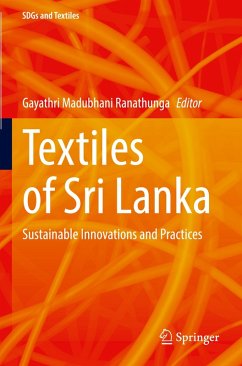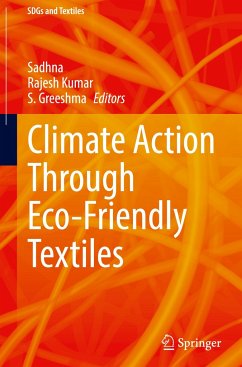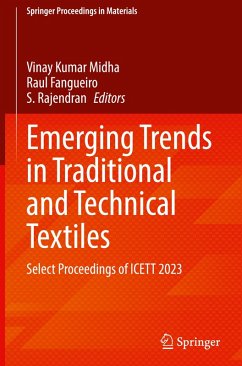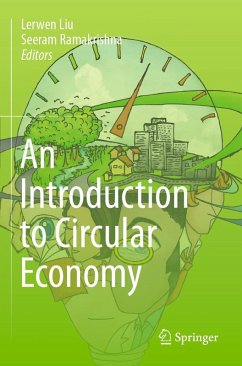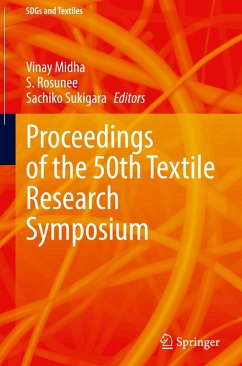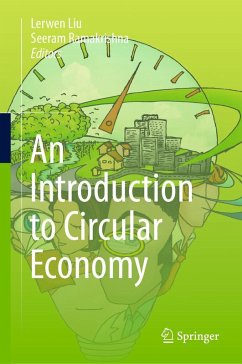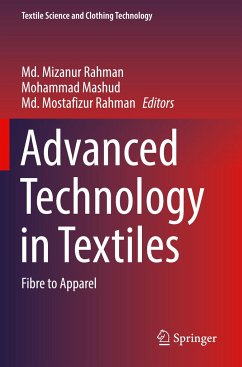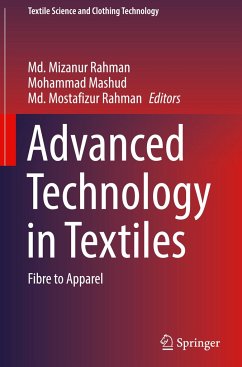
Textiles of Sri Lanka
Sustainable Innovations and Practices
Herausgegeben: Ranathunga, Gayathri Madubhani

PAYBACK Punkte
61 °P sammeln!
This book highlights the role of sustainable development in ancient practices to modern innovations in the textiles of Sri Lanka. It reveals the textile of Sri Lanka from the historical age to current tech-fabrics. Supporting the sustainable development goals, this book covers the most sought-after concepts and practices in textile industry of Sri Lanka such as of maximum utilization, zero waste, eco-friendly production process, reuse, upcycling, recycling, and longevity. Various topics covered in this book are indigenous cultural textiles, women empowerment, agro-waste utilization, secondhand...
This book highlights the role of sustainable development in ancient practices to modern innovations in the textiles of Sri Lanka. It reveals the textile of Sri Lanka from the historical age to current tech-fabrics. Supporting the sustainable development goals, this book covers the most sought-after concepts and practices in textile industry of Sri Lanka such as of maximum utilization, zero waste, eco-friendly production process, reuse, upcycling, recycling, and longevity. Various topics covered in this book are indigenous cultural textiles, women empowerment, agro-waste utilization, secondhand-fashion consumption, and many more. The book is a valuable reference for beginners, university students, researchers, and professionals interested in sustainable development in textiles and allied fields.





